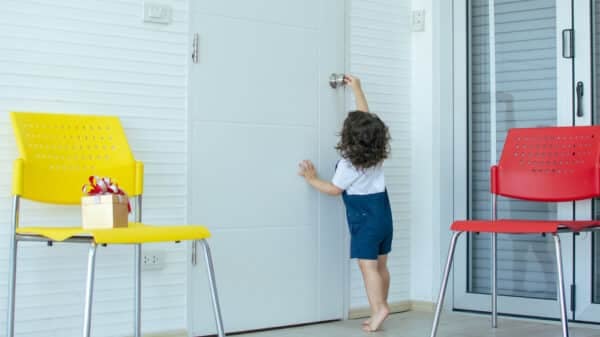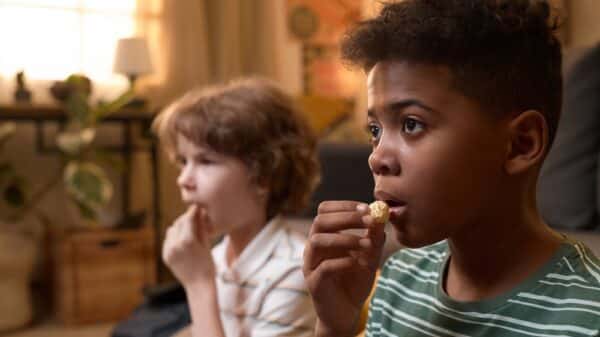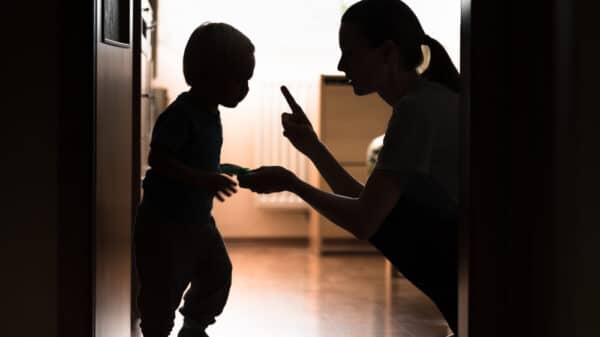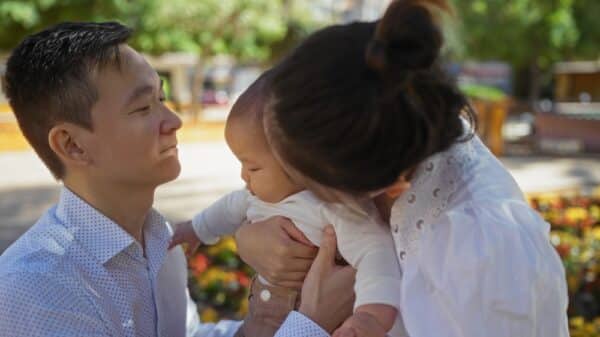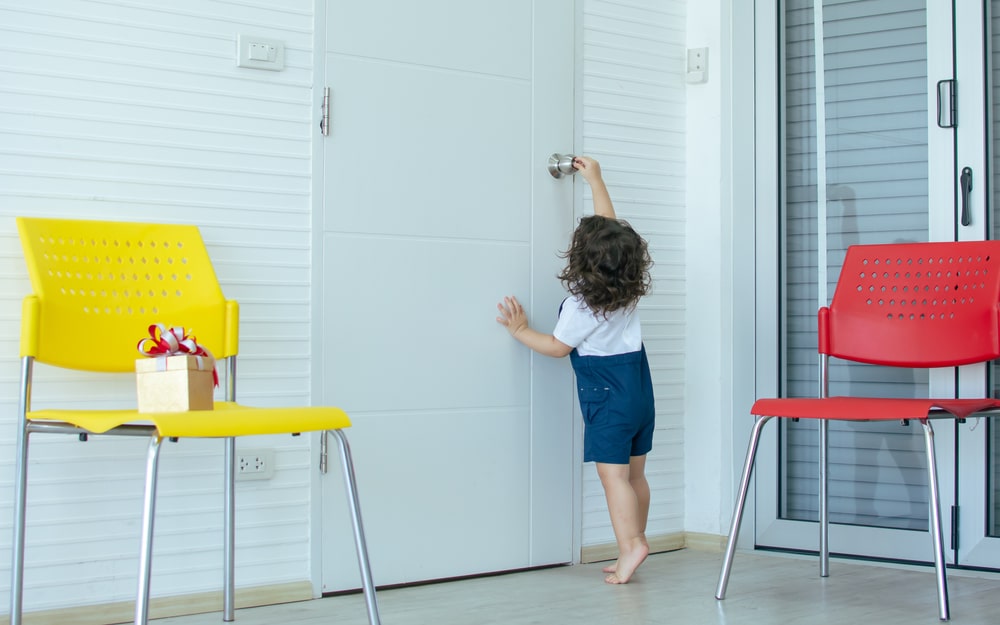As parents, we all share the same instinct: the desire to protect our children from harm. The thought of anything happening to them can fill us with dread, pushing us to shield them from even the simplest interactions. Yet, in our quest to guard them, we might unintentionally be doing more harm than good. TikTok creator Jon Fogel challenges us to rethink how we communicate about safety with our kids, specifically around the concept of “Stranger Danger” and its implications on their social development.
In a recent thought-provoking video, Fogel proposes a perspective that might make many of us uncomfortable: “Stranger Danger,” he asserts, “makes kids unsafe.”
To break this down, let’s explore some crucial points he makes.
First and foremost, it’s essential to understand that the vast majority of harm to children comes from those they know. Yes, this is a hard reality to face, but even seasoned professionals in child welfare maintain that children are statistically more likely to be abused or harmed by family members or trusted adults. It’s painful to acknowledge, but by fostering narratives that focus only on strangers, we may inadvertently place our children at greater risk. As Fogel emphasizes, “Stranger Danger will not protect them from those people.”
Next, think about the lessons we’re teaching our children regarding their interactions within the world. Fogel highlights that the fewer experiences children have with normal, everyday adults, the harder it becomes for them to distinguish between appropriate and inappropriate behavior. He paints a relatable picture: imagine your child interacting with 100 adults in a positive, healthy context—each of them is a librarian, a cashier, a friendly neighbor. Among this sea of safe interactions, the actions of one inappropriate adult will stand out loud and clear. Contrast that with parents who instill a fear of all unknown adults, which can blind a child to predatory behavior. If they learn to avoid all adults, they miss the vital social cues and context needed to recognize when someone is acting strangely.
Fogel points out another important truth: fear-based messages about strangers can actually hinder children when they genuinely need help. He explains that while most adults shy away from engaging with children due to fears surrounding “Stranger Danger,” the individuals who pose real threats don’t follow those same social boundaries. They might still approach your child unnoticed because they’ve bypassed the very caution that parents instill. As such, armed with only the “Stranger Danger” narrative, children might hesitate to seek safety or assistance from a trustworthy adult when they need it most. This leads Fogel to his conclusion: “So if you want to keep your kids actually safe, let them talk to adults. Encourage it.”
This isn’t just a modern theory. In 2011, the U.S. government released a report from the National Center for Missing and Exploited Children, titled “Child Safety Is More Than a Slogan: Stranger Danger Warnings Not Effective at Keeping Kids Safer.” The findings of this report aren’t new either; experts have been questioning the effectiveness of these fear-based messages for years. It’s a tough pill to swallow, especially in a society saturated with alarming stories about abductions and trafficking, which further exaggerate parents’ fears.
The statistics surrounding missing children can be daunting at first glance—460,000 kids are reported missing each year in the United States. However, it’s essential to scrutinize these numbers critically. Reports from the International Centre for Missing and Exploited Children show that up to 95% of these cases stem from misunderstandings—kids ending up in places we didn’t expect, like a friend’s house or even napping at home. And out of those reported missing, around 97.8% return home safely.
So we find ourselves in a tricky balance, grappling with the instinct to protect while also nurturing a relational understanding of the world. While it’s normal to have concerns about strangers, studies and experiences suggest that with open, honest dialogue about relationships—even with unfamiliar adults—our children can learn to navigate the world more safely. They can develop a nuanced understanding of social interactions, helping them discern between those who pose a risk and those who just might lend a helping hand when they need one.
Navigating parenting isn’t easy, and every choice we make seems to intertwine with a web of conflicting advice. But when we start to accept that strangers are often just ordinary people—more often than not—instead of looming threats, we take a step toward fostering confidence and awareness in our children. And ultimately, embracing openness may be what truly keeps our kids safe in the unpredictable world they’ll grow into.
Image Source: Ann Rodchua / Shutterstock

